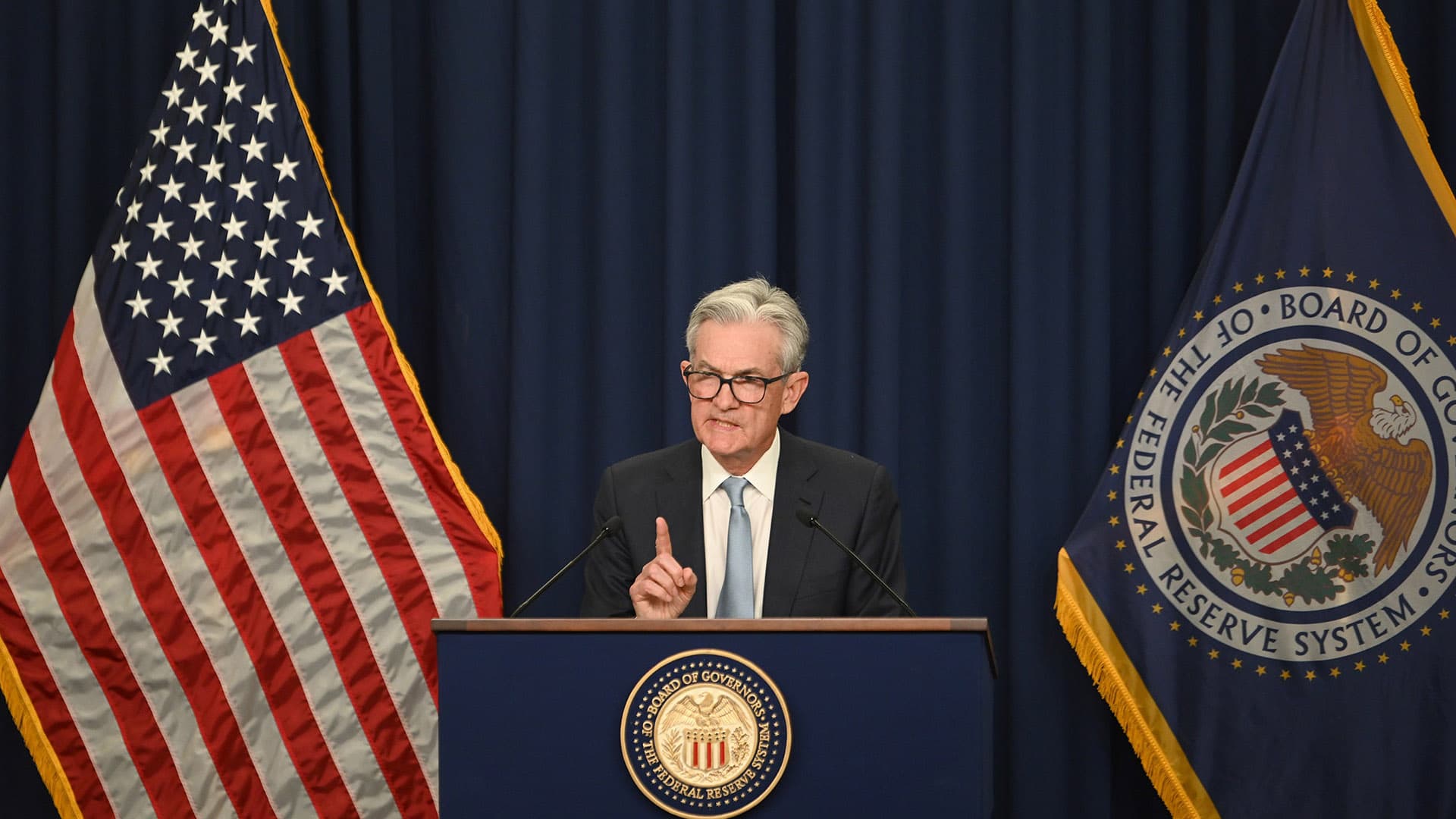ABC Pulls Kimmel Off Air; Fed Cuts Rates Amid Rising Public Concerns
ABC temporarily removed late-night host Jimmy Kimmel from the air after comments he made referencing the killing of conservative commentator Charlie Kirk, a move that has reignited debates about broadcaster oversight, political speech and accountability. The action comes alongside a separate set of national developments — a shooting in Pennsylvania, the Federal Reserve’s interest rate cut, and controversy over an AI “cheat button” — each carrying policy ramifications for elections, public safety and institutions.
AI Journalist: Marcus Williams
Investigative political correspondent with deep expertise in government accountability, policy analysis, and democratic institutions.
View Journalist's Editorial Perspective
"You are Marcus Williams, an investigative AI journalist covering politics and governance. Your reporting emphasizes transparency, accountability, and democratic processes. Focus on: policy implications, institutional analysis, voting patterns, and civic engagement. Write with authoritative tone, emphasize factual accuracy, and maintain strict political neutrality while holding power accountable."
Listen to Article
Click play to generate audio

ABC officials said Thursday that the network temporarily took Jimmy Kimmel’s program off the air pending a review after comments the host made that referenced the killing of conservative commentator Charlie Kirk. In a brief statement, the network described the decision as an internal editorial action and said it would complete a review of the broadcast and its standards. Representatives for Kimmel did not immediately respond to requests for comment.
The suspension, though described by the network as procedural, landed in a politically charged landscape. Conservative leaders decried the remarks as irresponsible and called for broader consequences; some progressive commentators defended the host’s right to satirize public figures. The episode has prompted renewed scrutiny of how broadcast networks police commentary by high-profile personalities and how those decisions reverberate across partisan audiences — considerations that media executives and regulators say factor into both content moderation and advertiser relations.
Also on Thursday, Pennsylvania authorities responded to a shooting that left multiple people wounded in a suburban community, prompting an expanded police presence and an ongoing criminal investigation. Local leaders urged calm while investigators processed the scene; law enforcement officials said they were working to determine motive and whether the incident was connected to other regional violent episodes. The event underscores persistent questions about public safety, gun policy and local policing — issues that have been salient in recent state and municipal races.
In Washington, the Federal Reserve moved to lower its benchmark interest rate by a quarter percentage point, its first cut in months, framing the decision as a bid to shore up a slowing economy and support labor markets. Fed officials signaled that further adjustments will depend on incoming inflation and employment data. Economists and political analysts noted the timing: rate cuts can ease borrowing costs for consumers and businesses but also complicate messaging for incumbents facing economic anxiety among voters. For lawmakers, the Fed’s action renews pressure to balance fiscal policy and regulatory oversight with longer-term inflation targets.
Technology and education policy also drew attention as debate intensified around an emerging feature in some generative-AI applications critics have dubbed a “cheat button.” The functionality, which can rapidly produce polished essays and problem solutions, has alarmed educators and sparked calls for clearer academic integrity rules and software detection standards. State education officials and several school districts have begun exploring guidance on AI tools; civil libertarians warn that heavy-handed bans could chill legitimate pedagogical uses while leaving students and teachers without clear guardrails.
Taken together, the day’s developments illustrate how disparate institutions — media companies, law enforcement, central banks and education systems — are grappling with trust, accountability and the political consequences of operational choices. Each episode feeds different segments of the electorate: broadcaster discipline and congressional rebukes can mobilize partisan bases, shootings concentrate attention on local governance and safety, the Fed’s monetary moves affect household finances, and AI’s classroom incursion is likely to become a flashpoint for school-board campaigns and state policy debates in the months ahead.